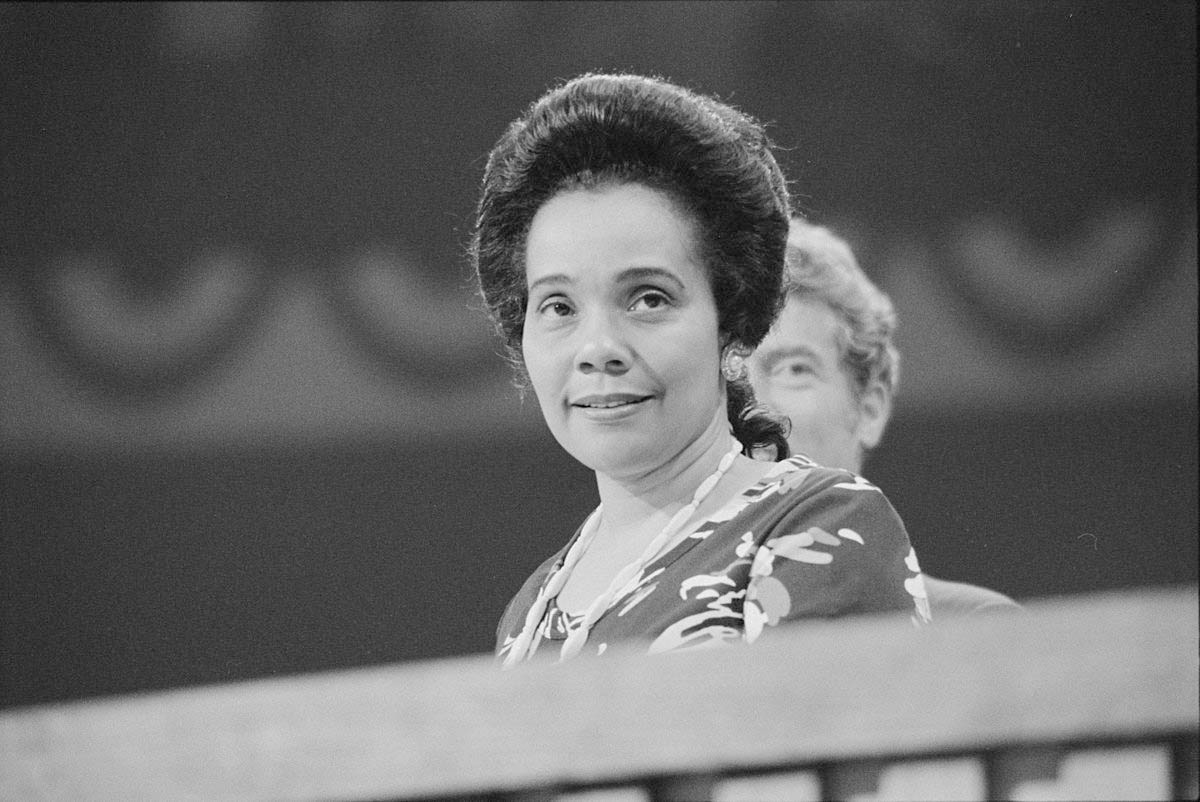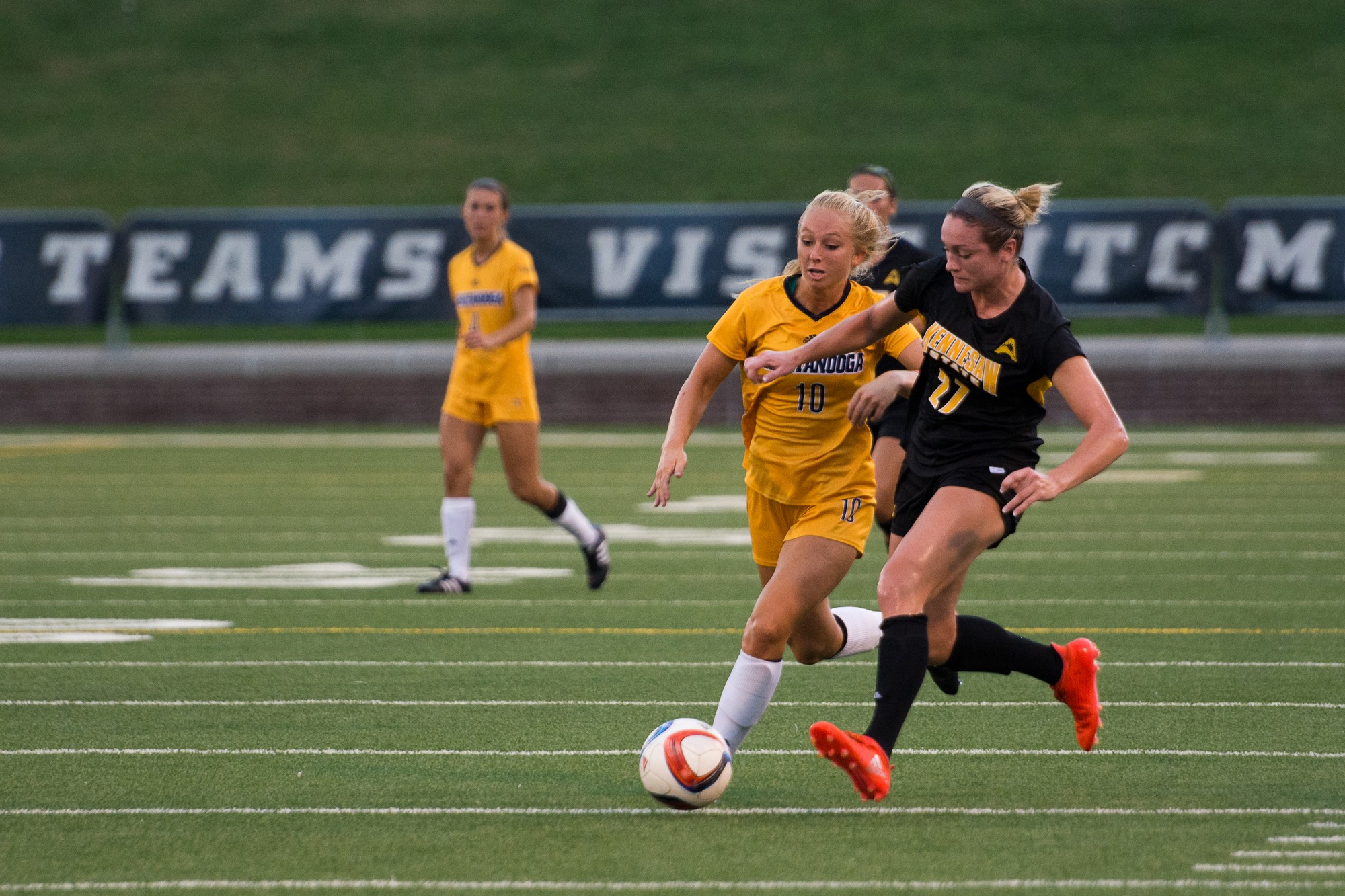After a controversial 15th season of CBS’s “Big Brother,” Andy Herren was voted the $500,000 winner by his fellow contestants. This season set a record in audience participation with a 500 percent increase in fan votes. Generating interest this year were racial comments made by the houseguests on the live 24-hour feed, “Big Brother After Dark.”
“Big Brother” contestants Aaryn Gries, GinaMarie Zimmerman, Spencer Clawson and even “Big Brother” winner Andy Herren, may be surprised how their comments were received. Unguarded remarks regarding skin color, Asian facial features and gay slurs may have consequences for them outside of the house. Several of the contestants’ employers put out disclaimers, as did CBS. Some houseguests have reportedly lost their jobs.
The host of “Big Brother,” Julie Chen, spoke out about Gries’s anti-Asian slurs on her daytime TV show “The Talk.”
“I have to be honest, the Asian ones hit me the most. I heard about her describing Asians as ‘squinty-eyed’ and ‘go make a bowl of rice,’” Chen said. Chen’s offense was certainly warranted. Ironically, a few weeks later on “The Talk,” Chen admitted that she underwent eye surgery early in her career. She did this on the advice of a renowned agent so that he would represent her.
Do the derogatory words of a few arrogant game show contestants truly surprise the public? Should they really surprise anyone? Even executive producer Allison Grodner conceded in The New York Times: “Your neighbor is probably using racial slurs behind closed doors, no offense to your neighbor.” Fortunately, we do not have a camera on our neighbors to hear their private conversations.
While CBS assures viewers that the ideas and values of the houseguests do not reflect those of the network, they are more than happy to celebrate the attention and good ratings they bring. Last season, Chen said, “[the audience] can relate to at least one person in the house, see the cool kids try to bully the misfits and watch the misfits outsmart the bullies. You love to hate certain people.” Chen was spot on with this.
Despite petition efforts to remove certain contestants, the show reeled in more than 6 million viewers on finale night.
While America does not like personal slurs, they enjoy throwing stones at the people who utter them. Houseguests have been referred to on social media as brats, pathetic human beings, racists and fit only for porn. This season has shed more light on the culture of America than the ignorance and prejudices of a few houseguests. Many viewers were judgmental and unforgiving. Even African American contestant Howard Overby was surprised upon leaving the Big Brother house at the severity of the viewers’ reactions to inappropriate comments.
Are Americans hypocritical when they continue to watch a program that habitually offends them? Social media provides a forum where hateful speech and derogatory language can be used to criticize the same behaviors seen in the show.
On the live finale, Julie Chen referred to the season as “an epic, 90-day, social experiment.” It is an experiment that is all the more fascinating now that social media allows viewers to become participants themselves. Hopefully future houseguests will remember that “Big Brother” is a reality show. They will need to be wary of their language, or reality may hit them hard on their way out.



